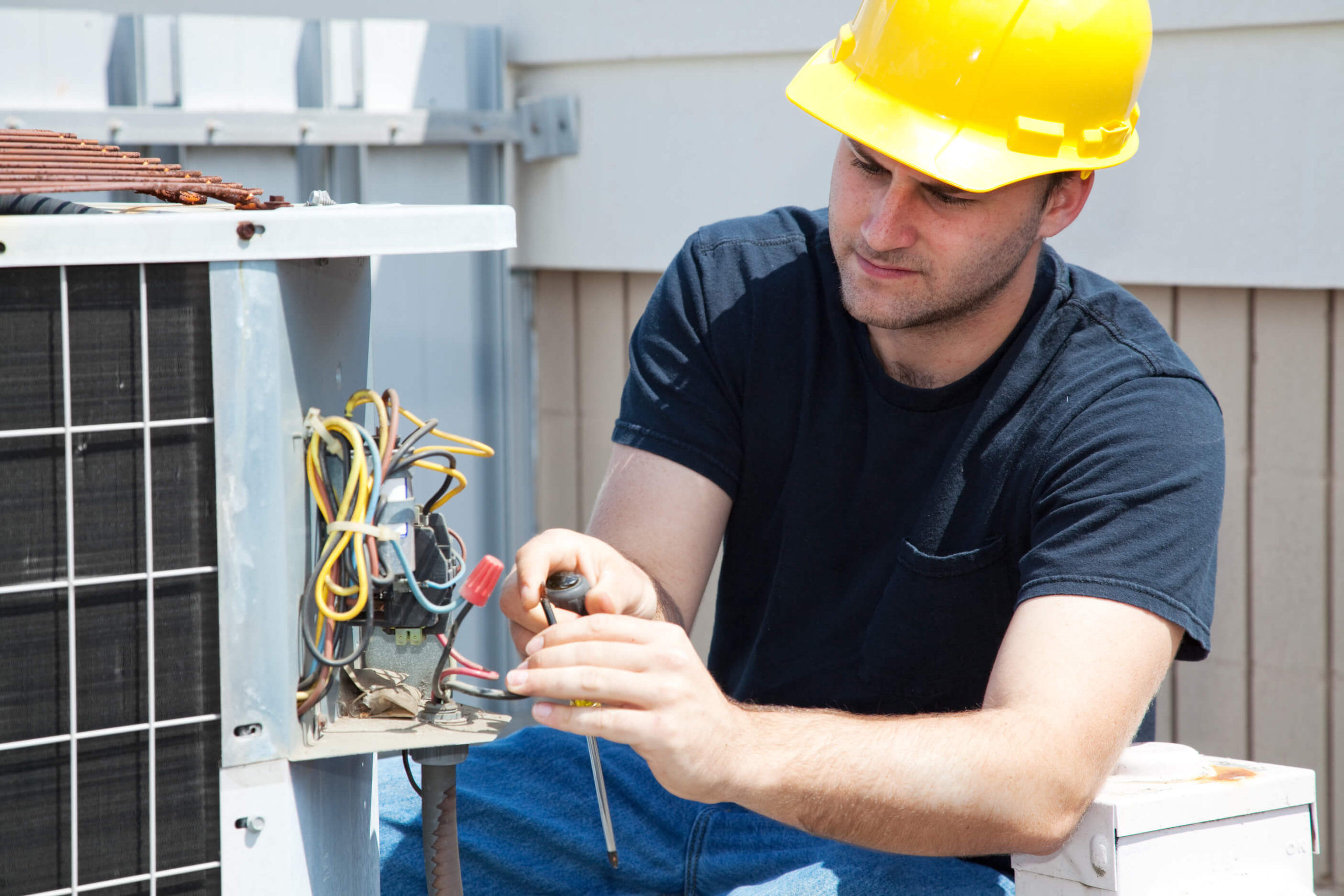Your heating, ventilation, and air conditioning (HVAC) system plays a vital role in maintaining a comfortable and healthy indoor environment. Whether in residential or commercial settings, HVAC systems are responsible for temperature control, air purification, and humidity regulation. These complex systems consist of various components, including thermostats, filters, ducting, furnaces, and air conditioners. Understanding the functioning of these systems is essential to appreciate the significance of prompt emergency HVAC repair services. Superior Air Management is a renowned company that offers reliable emergency HVAC repair solutions.
Understanding HVAC Systems for Emergency HVAC Repairs
HVAC, which stands for heating, ventilation, and air conditioning, is a system designed to regulate temperature, humidity, and air quality within a building. Its primary objective is to create a comfortable and healthy indoor environment for occupants. To achieve this, HVAC systems rely on various components, including:
- Furnaces
- Air conditioners
- Boilers
- Cooling devices
- Evaporative cooling appliances
- Mini-split ductless HVAC systems
- Pipes for air circulation
- Ventilation fans
- Controls and thermostats
When any of these components malfunction, it becomes necessary to seek emergency HVAC repairs to restore the system’s functionality.
Risks of Ignoring HVAC Problems
Ignoring HVAC issues can pose significant risks to your health, property, and finances. Some of the potential consequences of neglecting HVAC problems include:
Health Implications
Poor indoor air quality resulting from unaddressed HVAC issues can lead to health problems. Ducts and filters that are not properly maintained can harbor dust, allergens, and mold spores, exacerbating respiratory conditions like allergies and asthma. Moreover, gas leaks in the system, such as carbon monoxide, can pose a lethal threat to occupants.
Increased Utility Costs
When HVAC systems are not functioning efficiently due to problems like duct leaks, worn-out components, or clogged filters, they consume more energy. This inefficiency results in higher utility bills, translating into unnecessary financial expenses and environmental harm.
Reduced System Lifespan
Unresolved HVAC problems can lead to premature wear and tear of system components. Over time, this can result in costly replacements or repairs, shortening the overall lifespan of the HVAC system.
Fire Hazards
Faulty electrical connections or overheating components within an HVAC system can potentially lead to hazardous fires. Ignoring signs of trouble, such as unusual odors or electrical failures, can endanger both your property and the safety of its occupants.
Benefits of Immediate Emergency HVAC Repair
Prompt emergency HVAC repair offers several advantages:
Enhanced System Efficiency
Emergency maintenance technicians can swiftly address unexpected HVAC issues, such as broken compressors or refrigerant leaks, restoring the system’s efficiency. This efficiency ensures that the HVAC system operates smoothly, providing the desired comfort levels.
Prevents Further Damage
One of the primary benefits of immediate emergency HVAC repair is preventing additional damage. Delaying HVAC repairs can lead to more complex and costly issues. Timely intervention limits the extent of damage and minimizes repair costs.
Promotes Resource Conservation
HVAC emergencies often result in reduced energy efficiency. A malfunctioning system not only fails to provide the expected heating or cooling but also consumes excess energy. Timely repairs restore energy efficiency and prevent excessive utility bills, promoting energy conservation.
Taking Action with Emergency HVAC Repair
When your HVAC system encounters issues, prompt action is crucial. Being prepared for emergencies and addressing common HVAC problems promptly can minimize disruptions and downtime in your business or home. Regular maintenance and immediate problem resolution can help avoid unexpected crises. When selecting an emergency HVAC repair service, consider factors such as the company’s reputation, response time, and customer testimonials. Adhering to these guidelines empowers you to effectively handle HVAC emergencies, ensuring year-round comfort in your home or business.
Frequently Asked Questions (FAQs)
Q1. What are the common causes of HVAC system failures?
Common causes of HVAC system failures include low refrigerant levels or leaks, faulty wires and connections, clogged condensate drains, and dirty condenser or evaporator coils.
Q2. What is HVAC preventative maintenance (PM)?
HVAC preventative maintenance aims to ensure that your heating, ventilation, and air conditioning system operates smoothly and reliably throughout the heating and cooling seasons.
Q3. In what ways can an HVAC system be damaged
HVAC systems can be damaged by anything that hinders their efficiency. This includes blocked or closed vents that disrupt airflow, as well as the accumulation of dirt, dust, and particles that obstruct ventilation.
Read more articles for technodeeper
